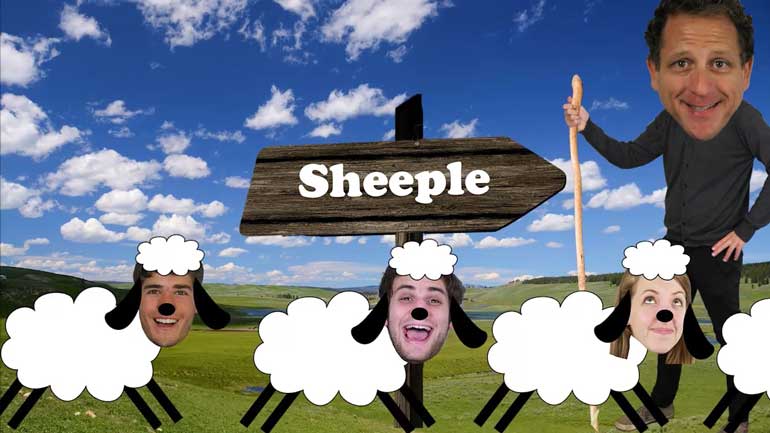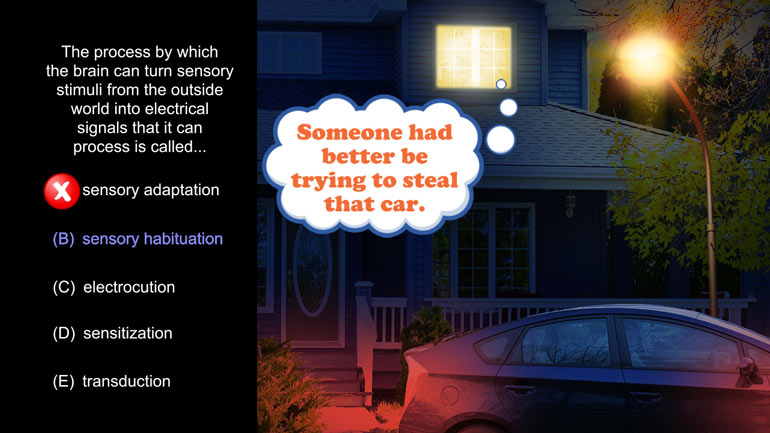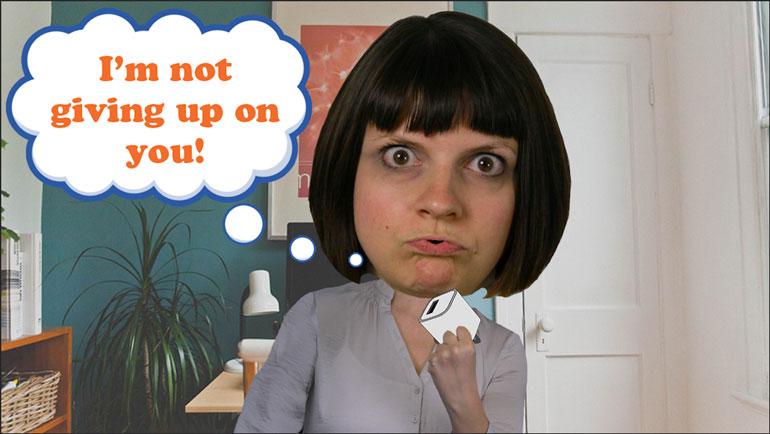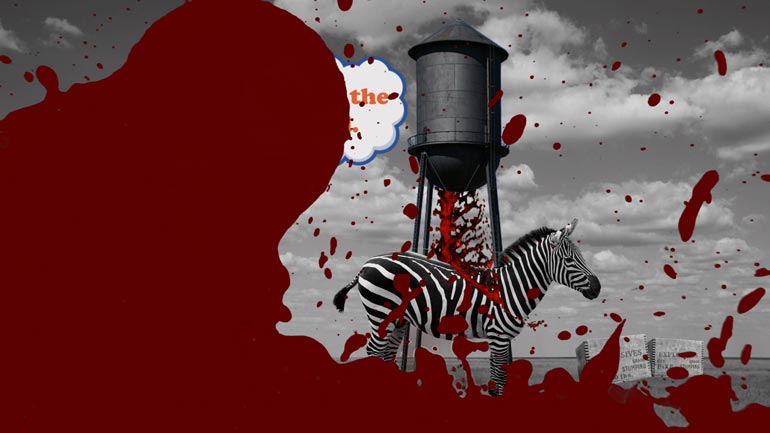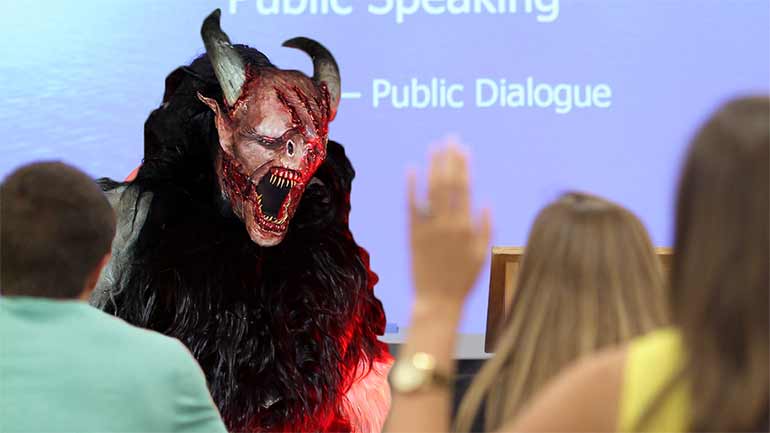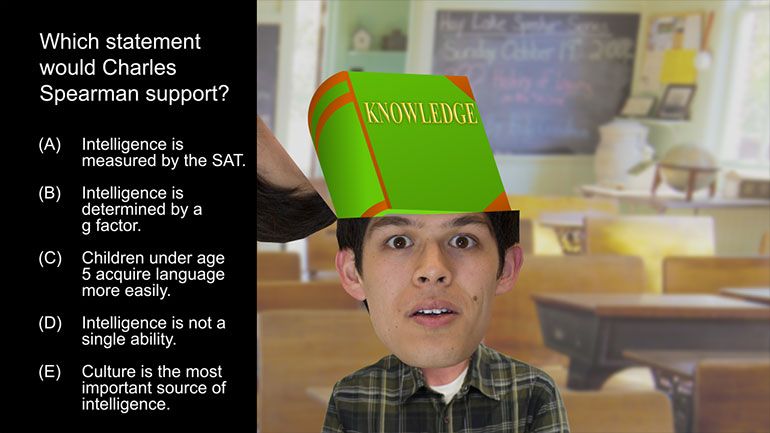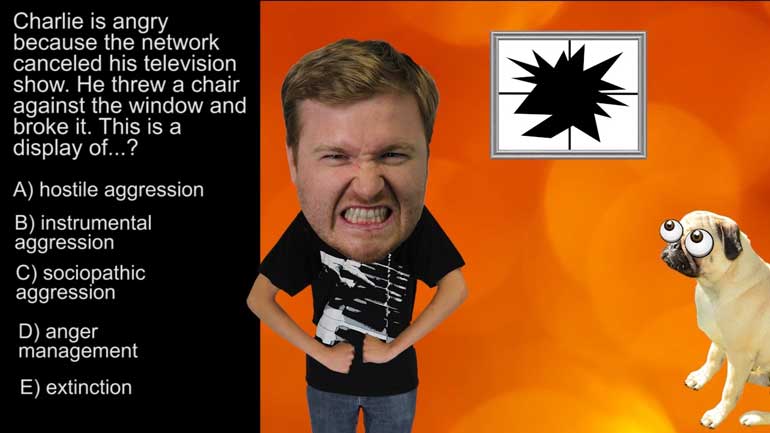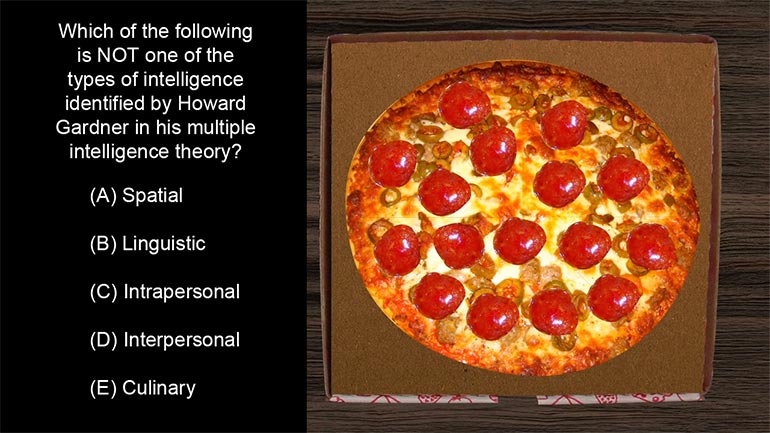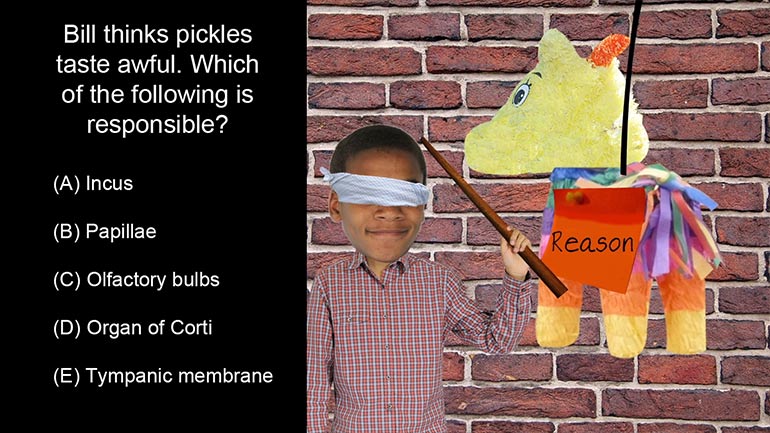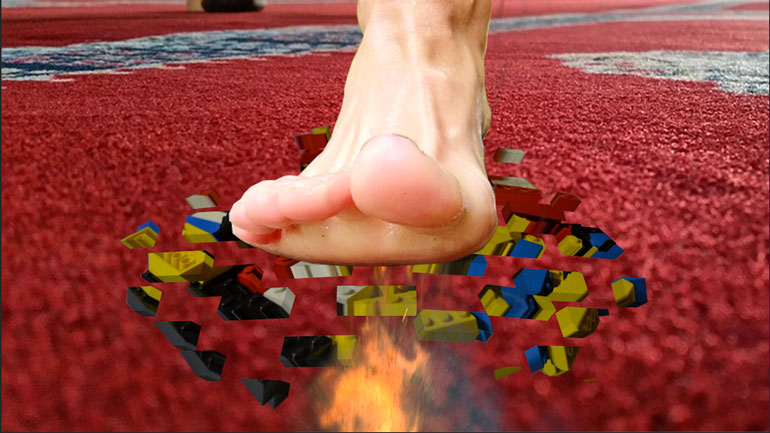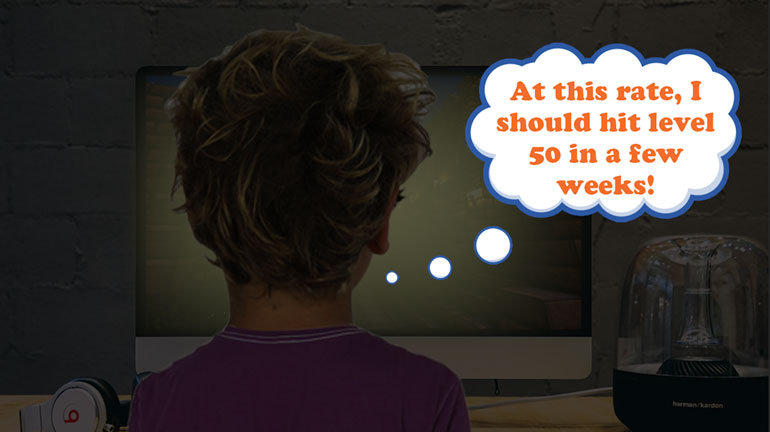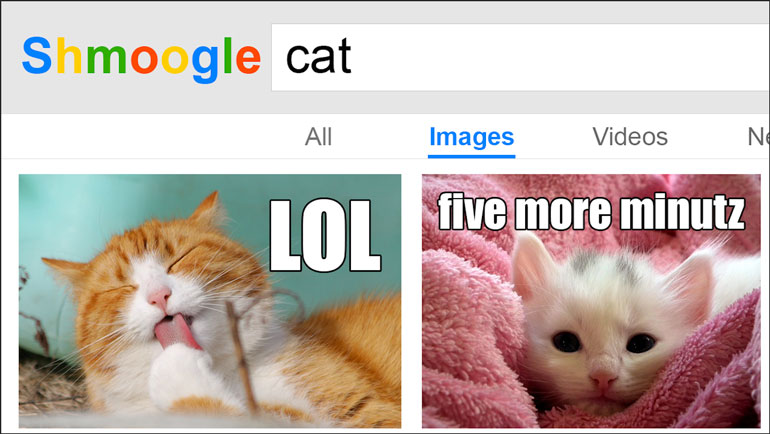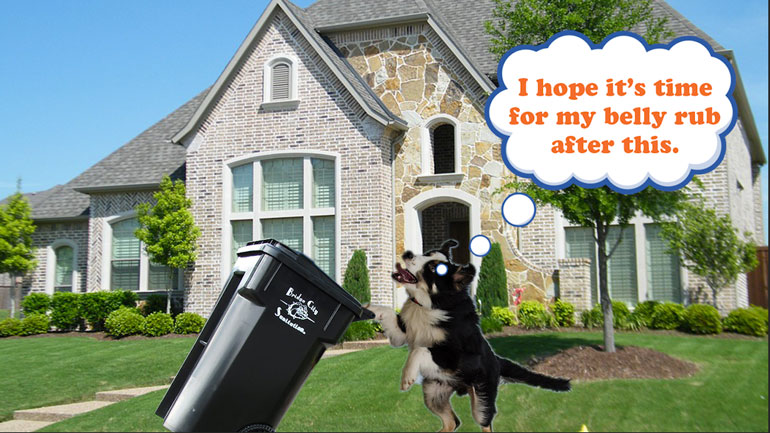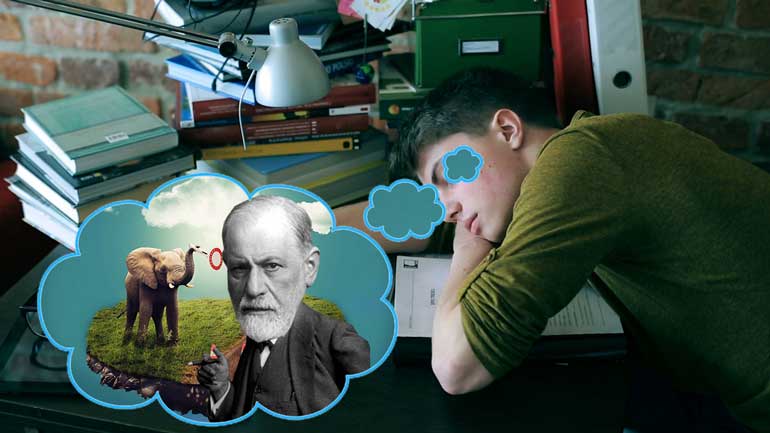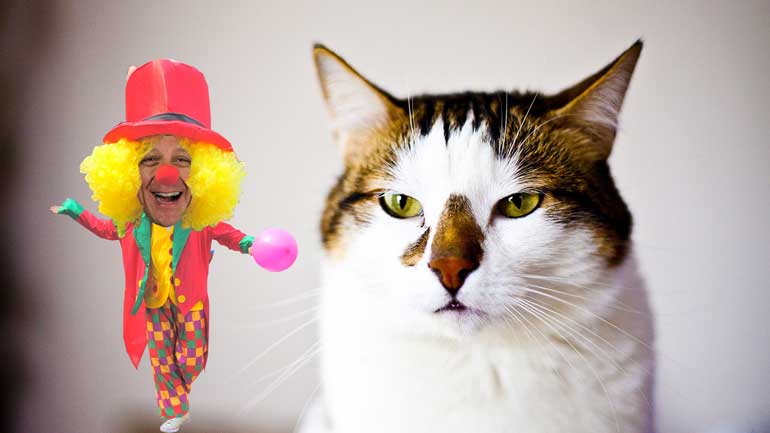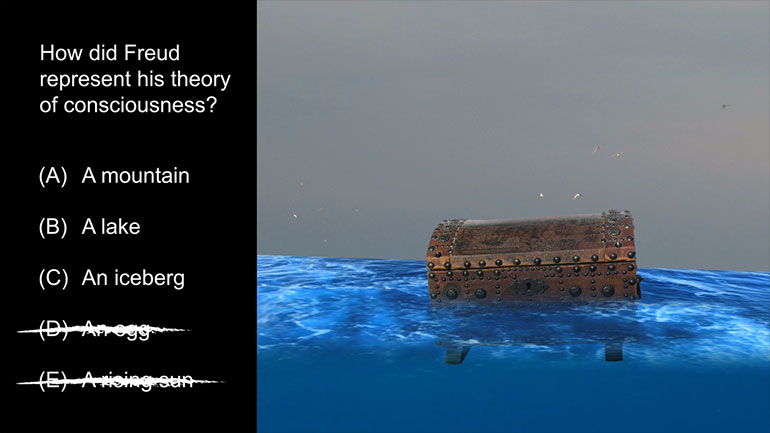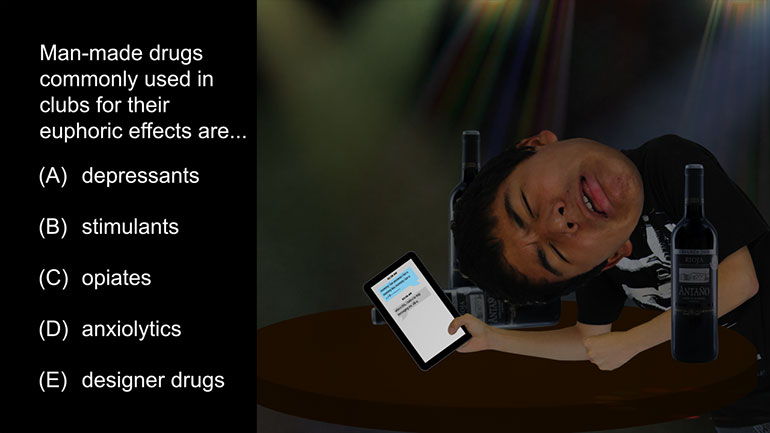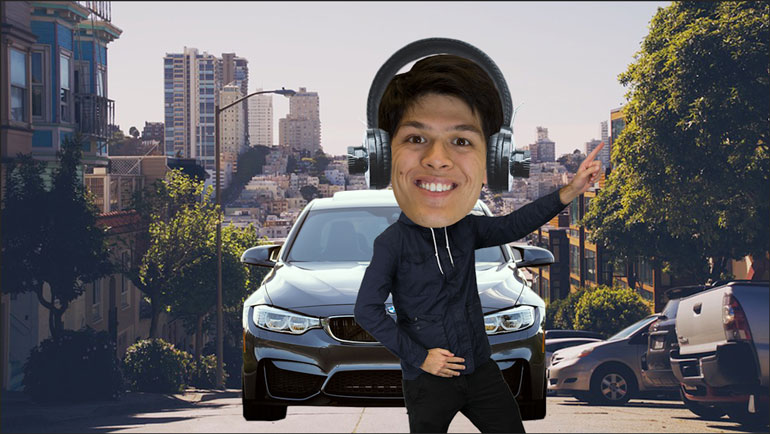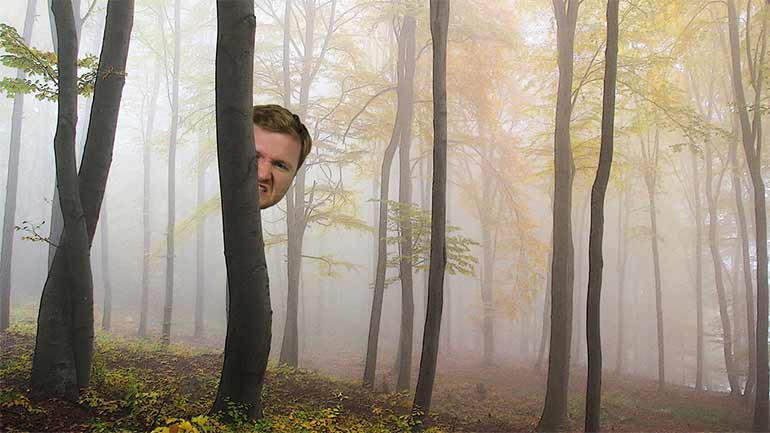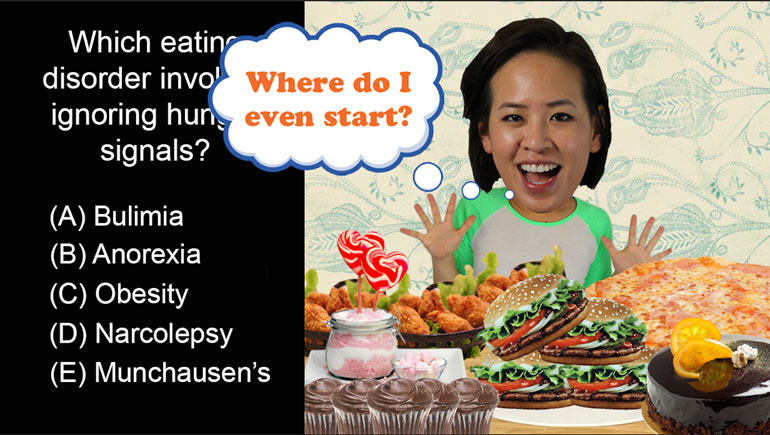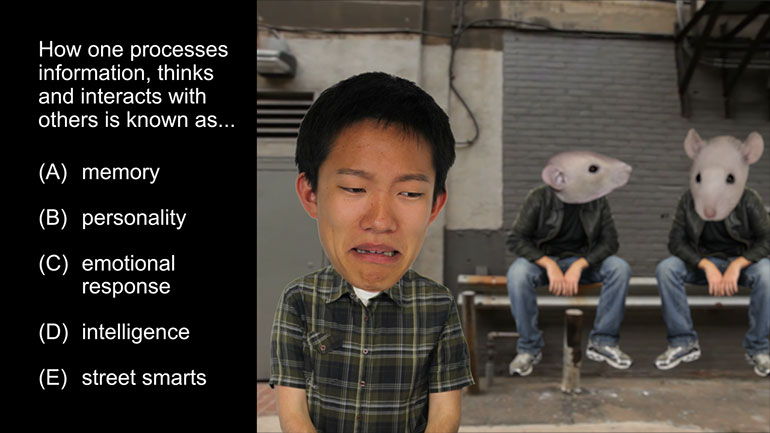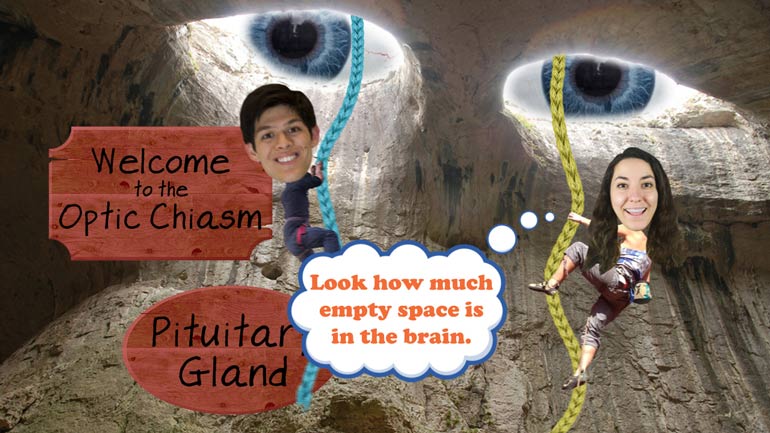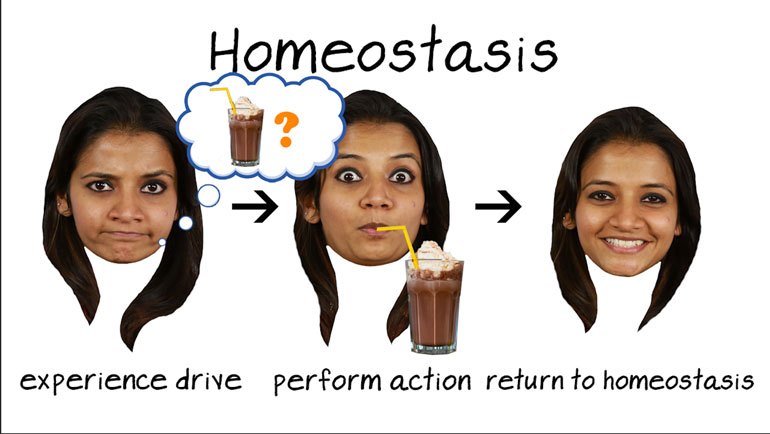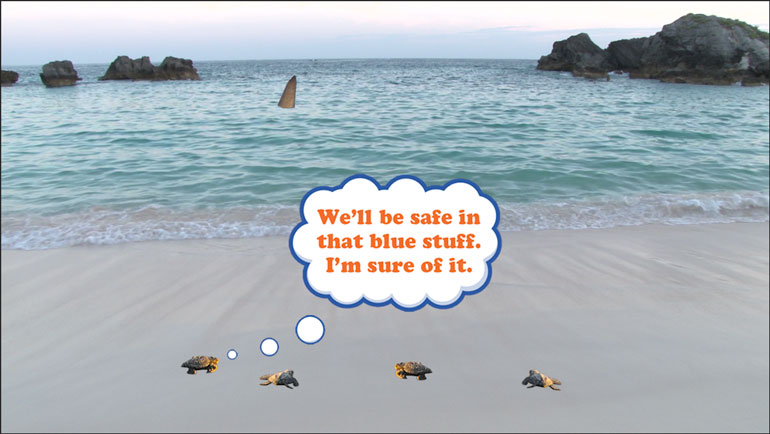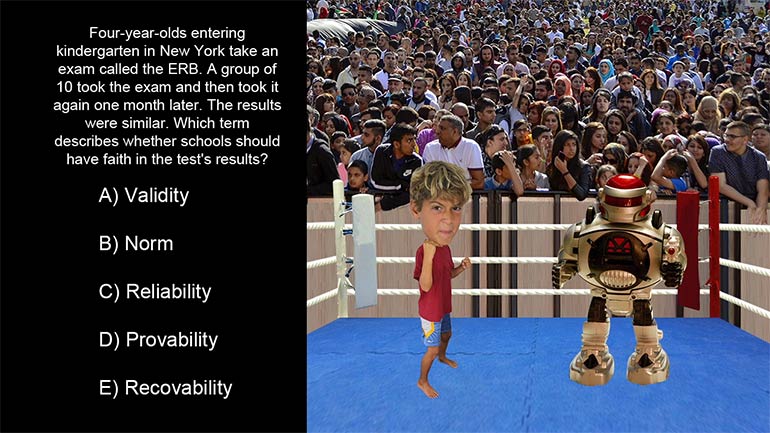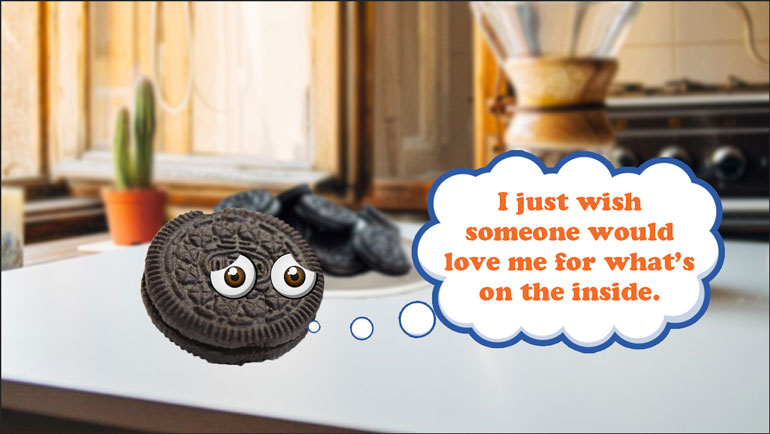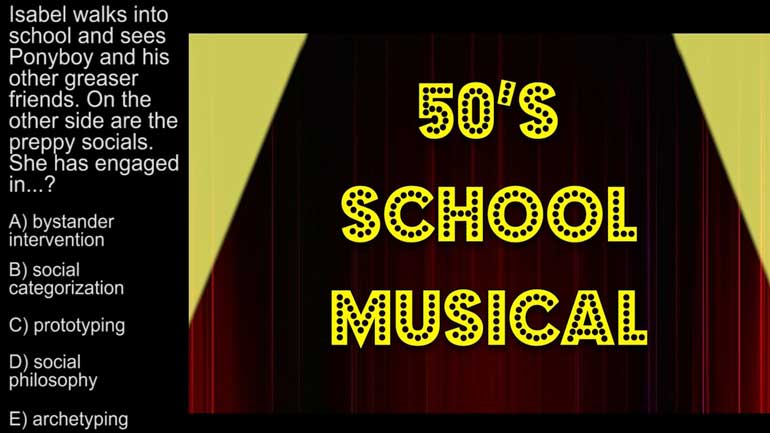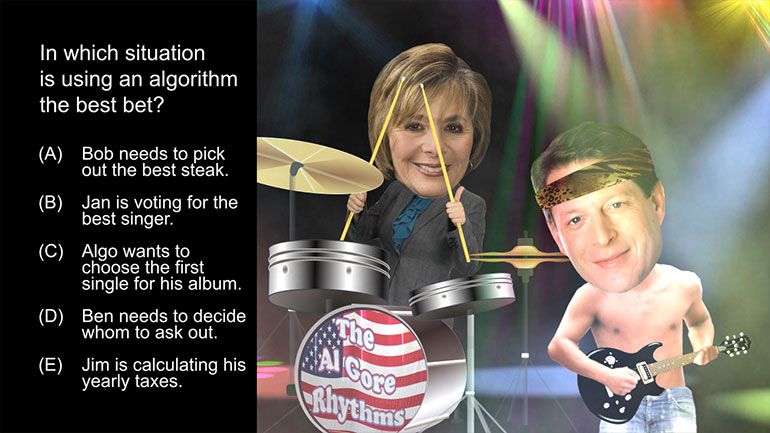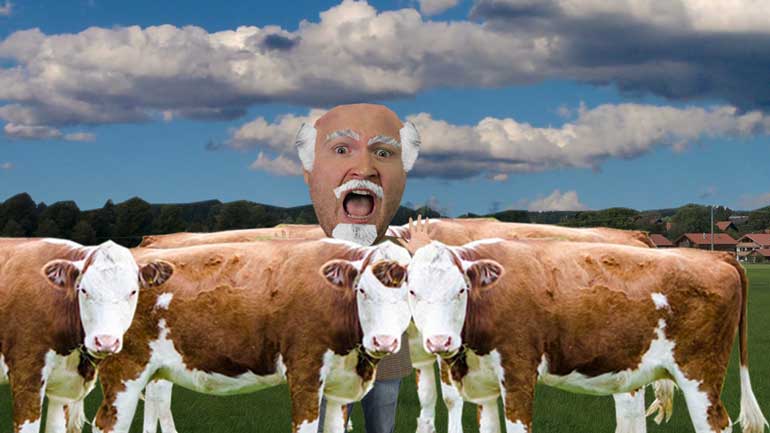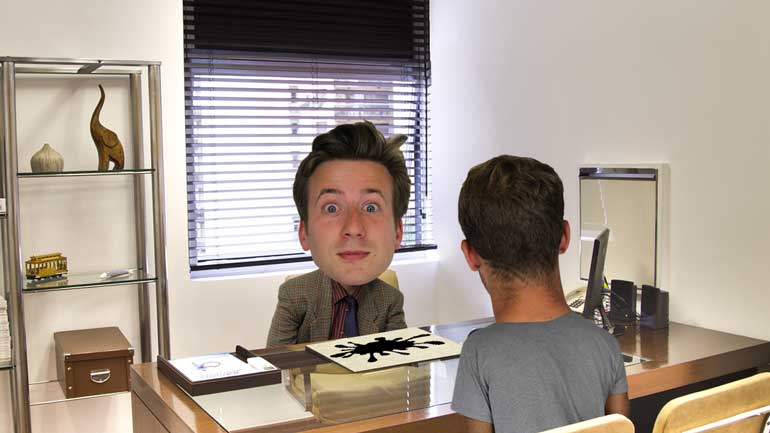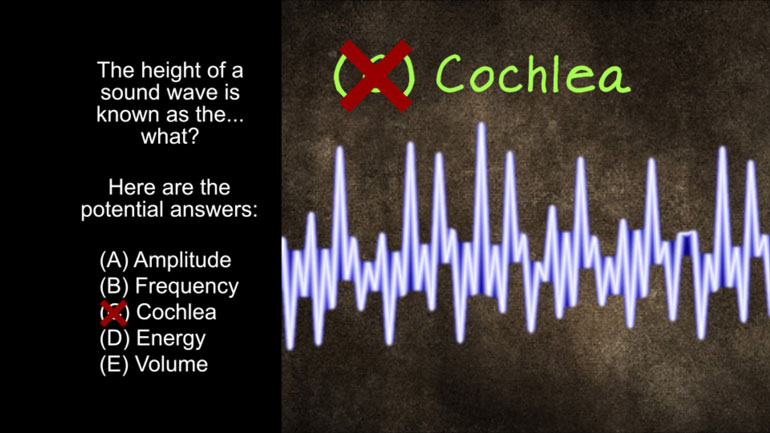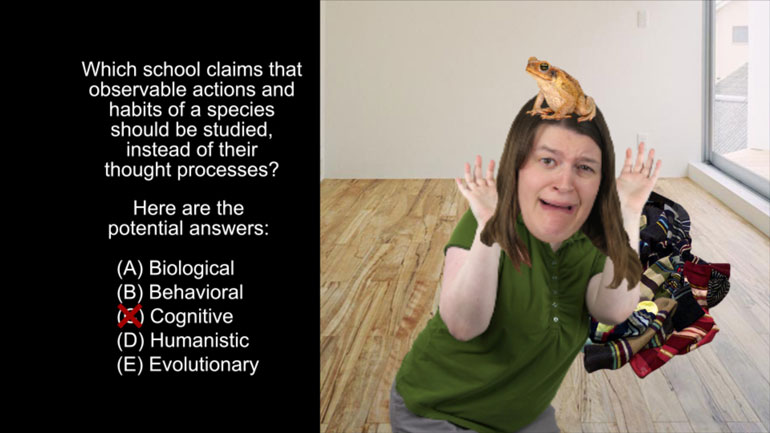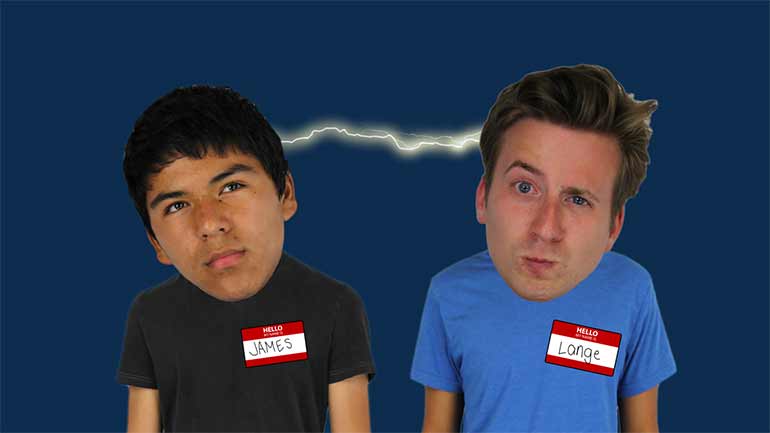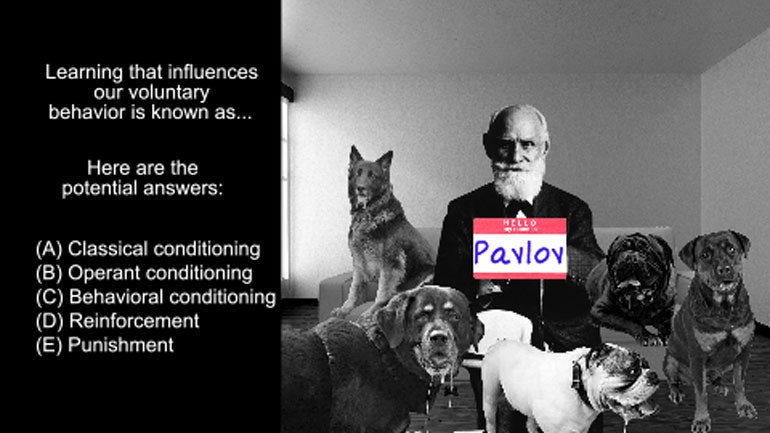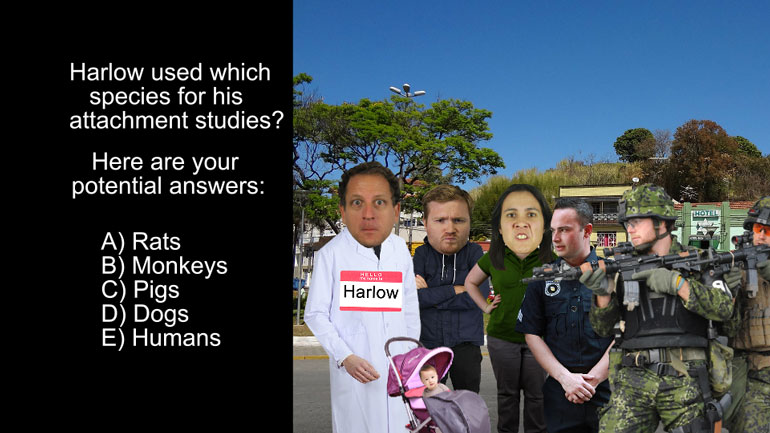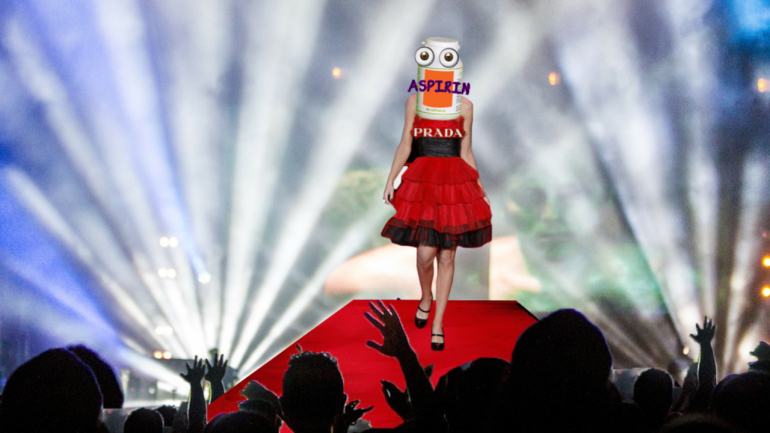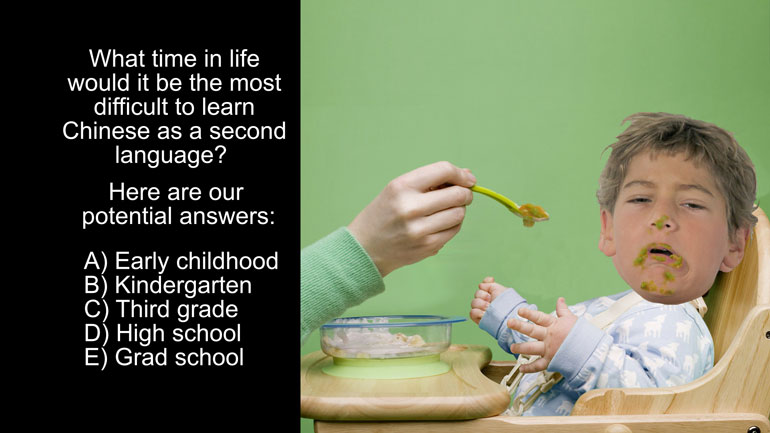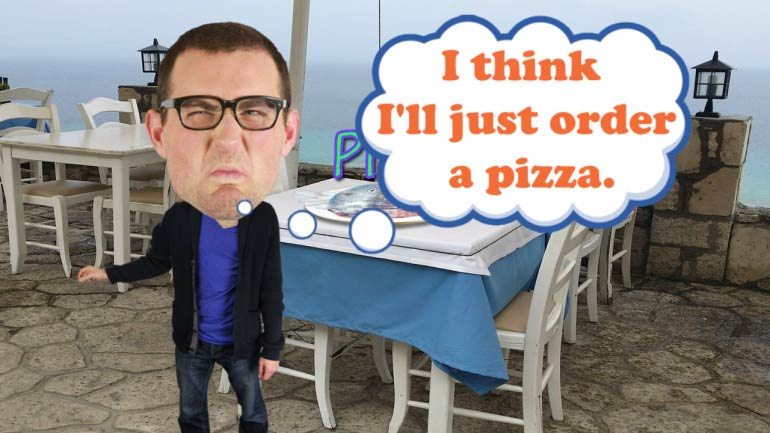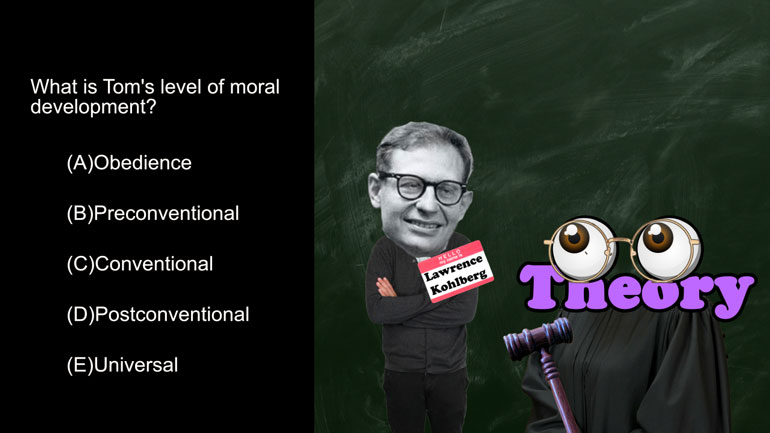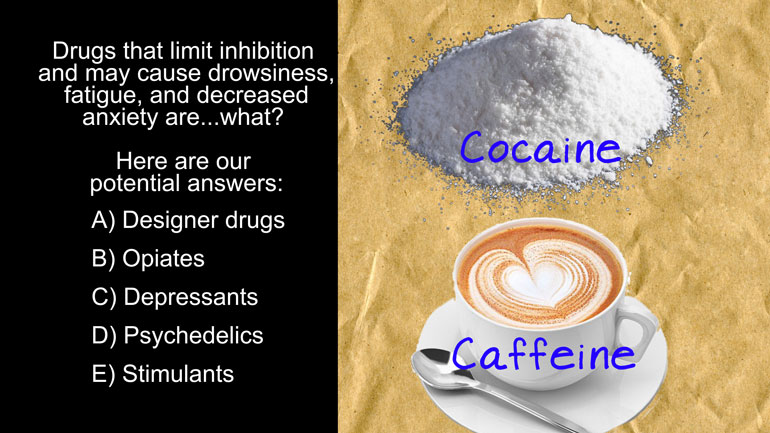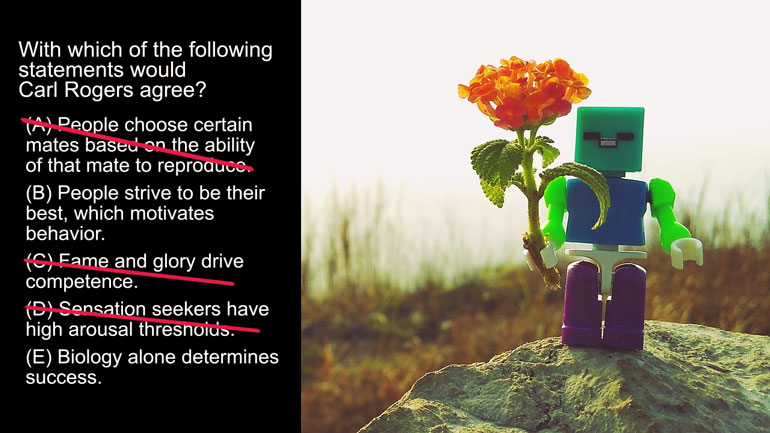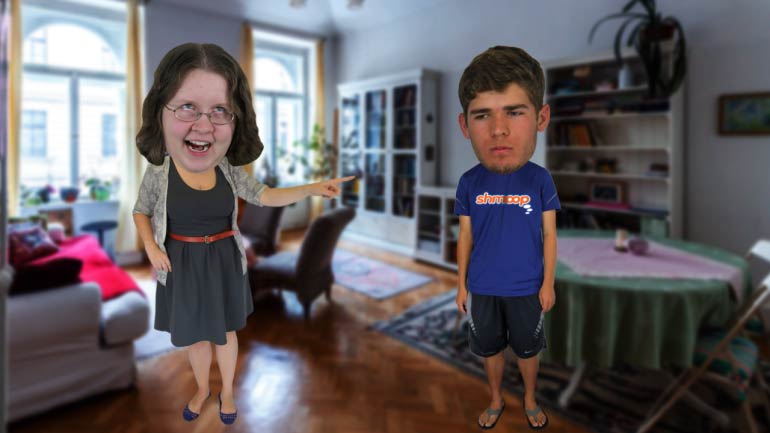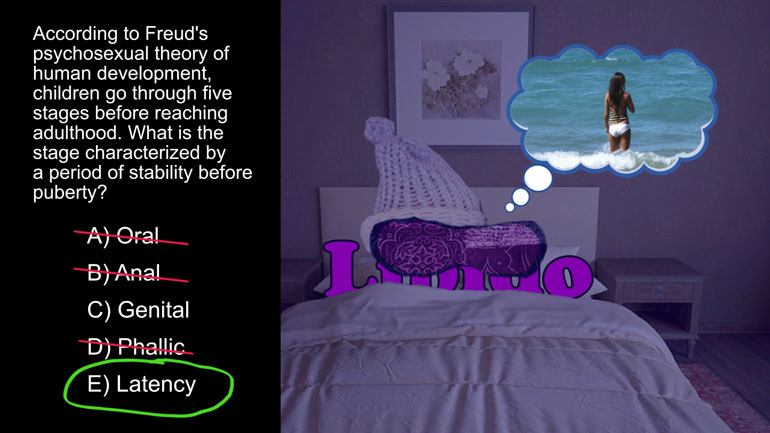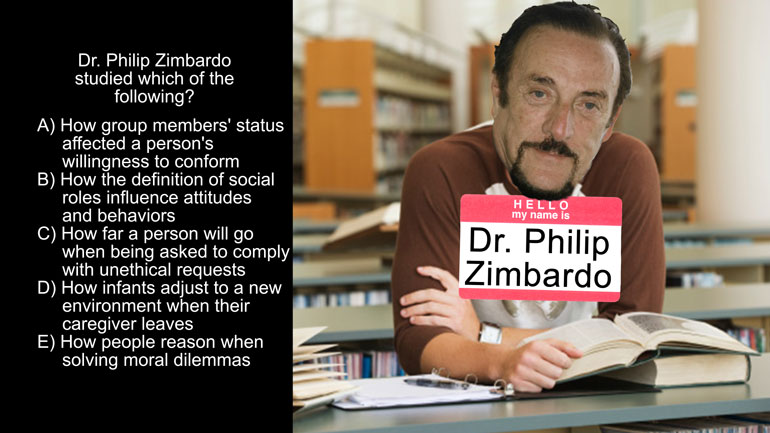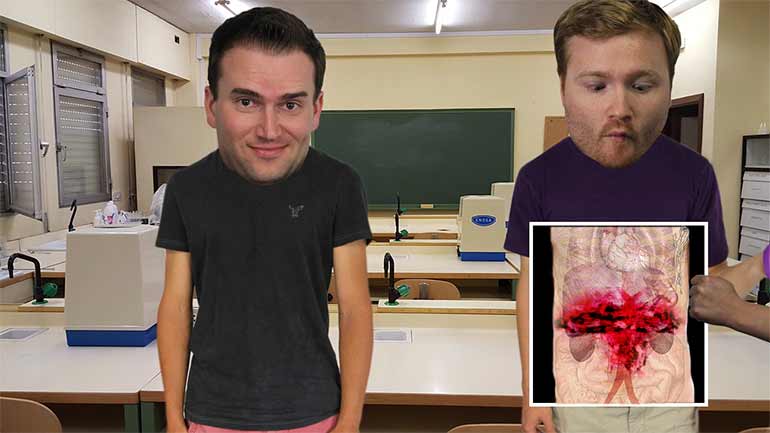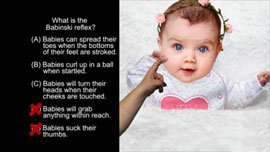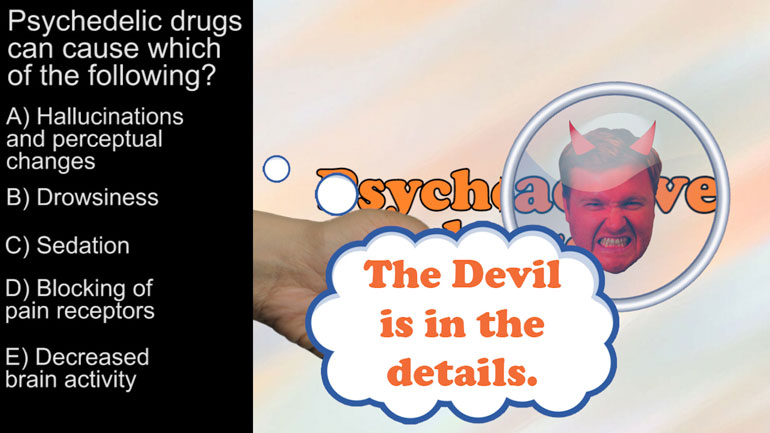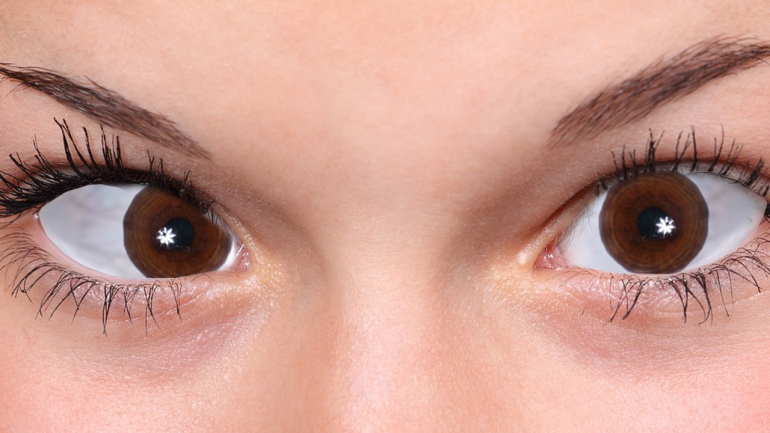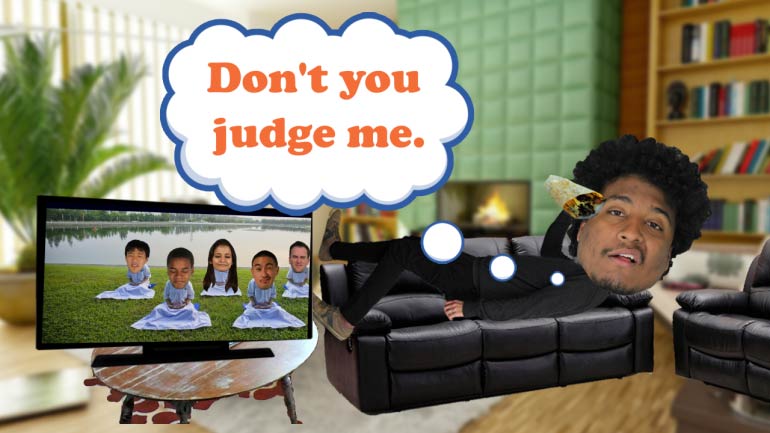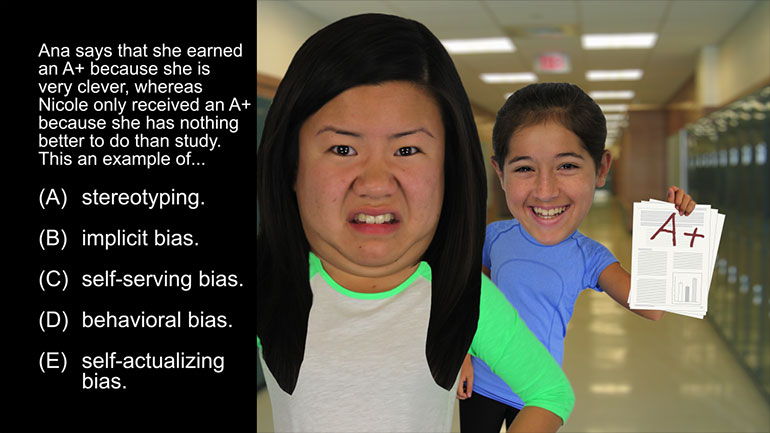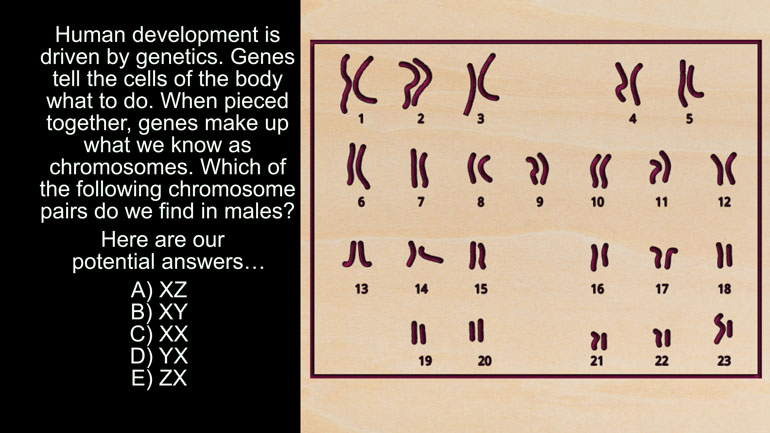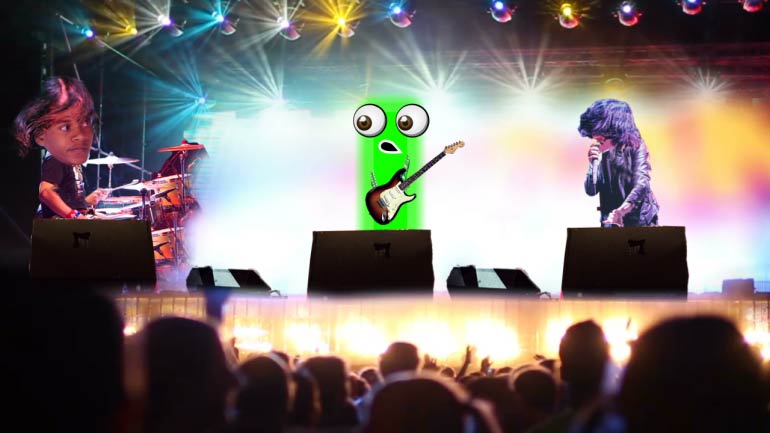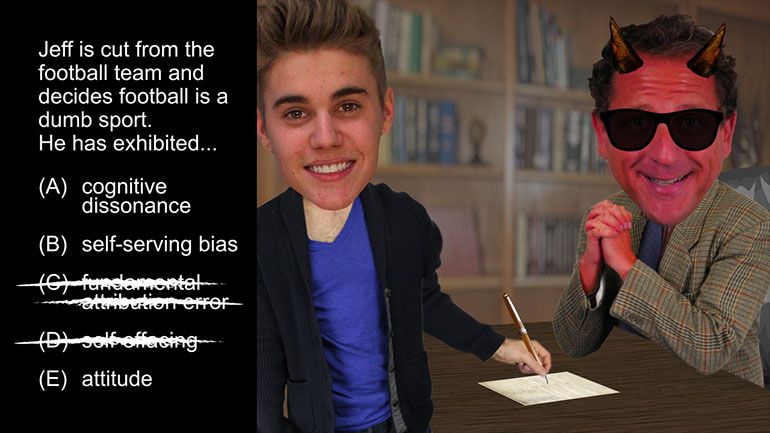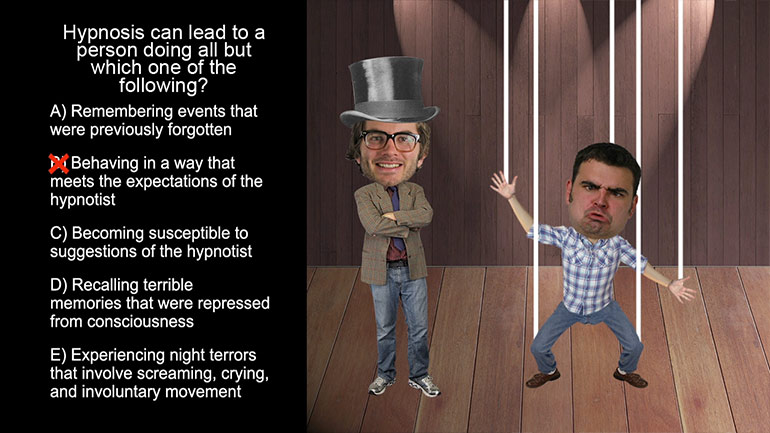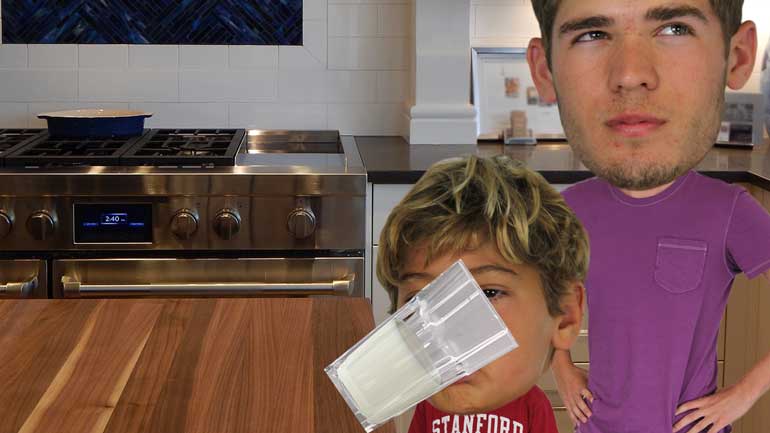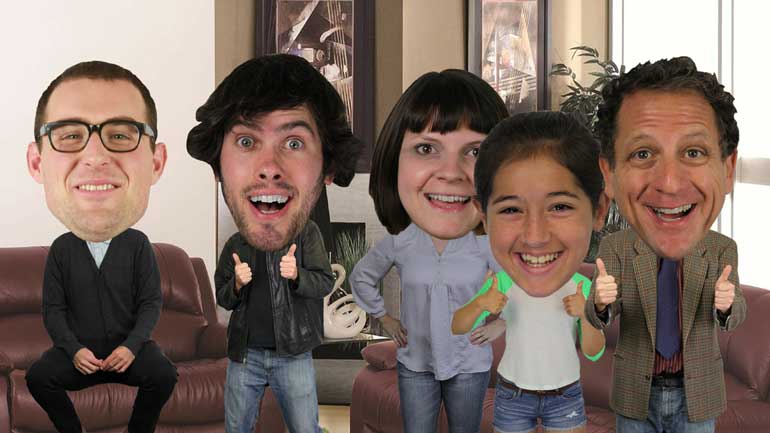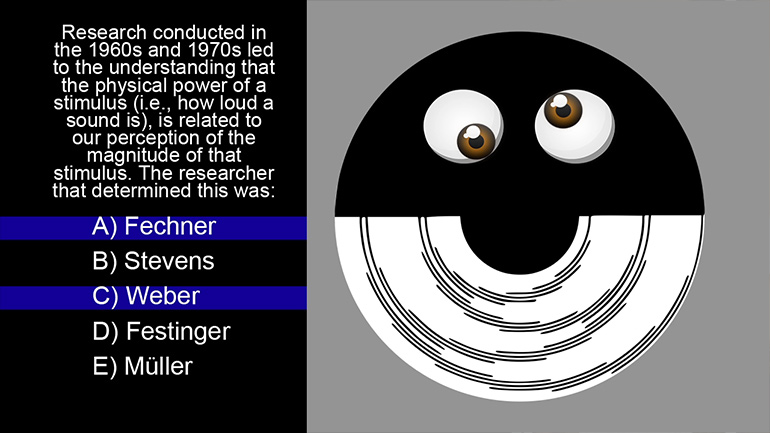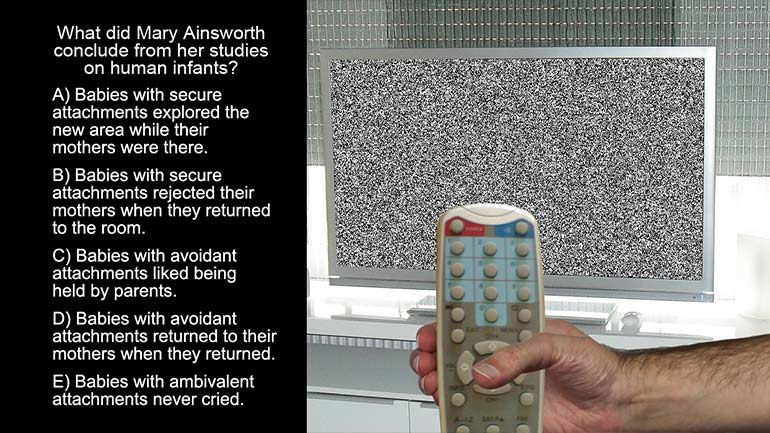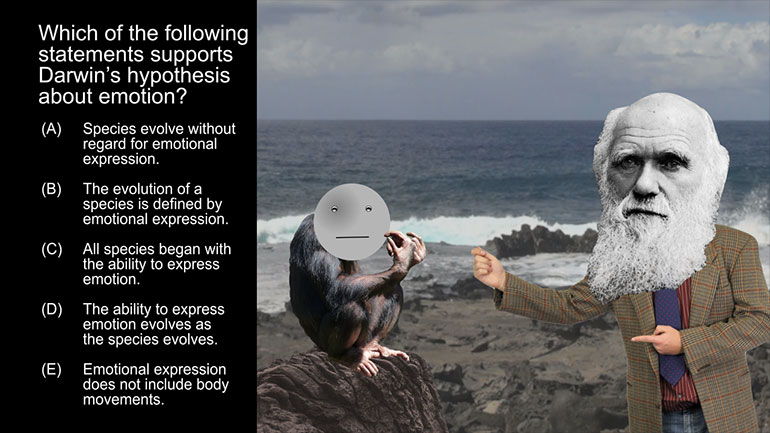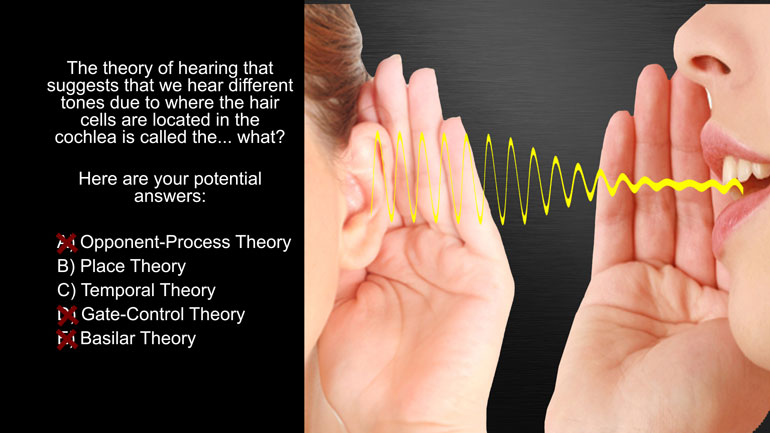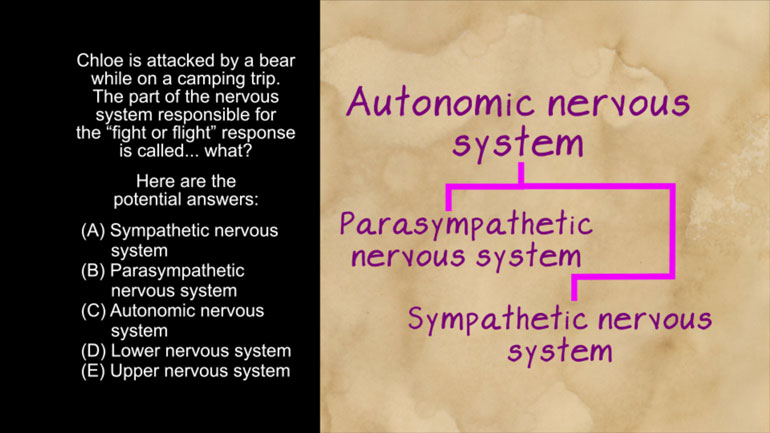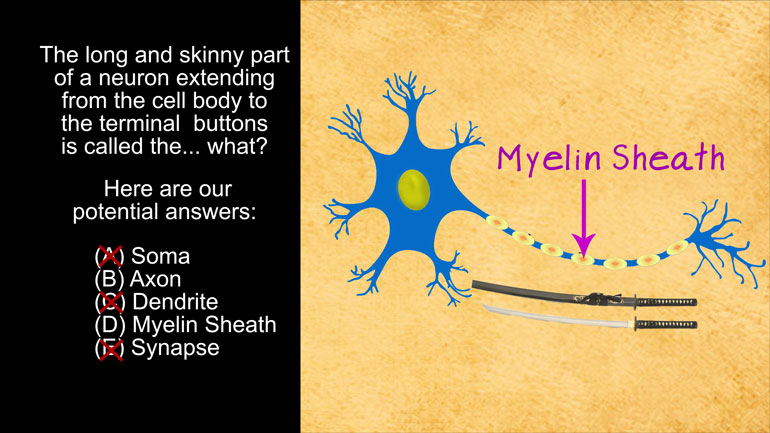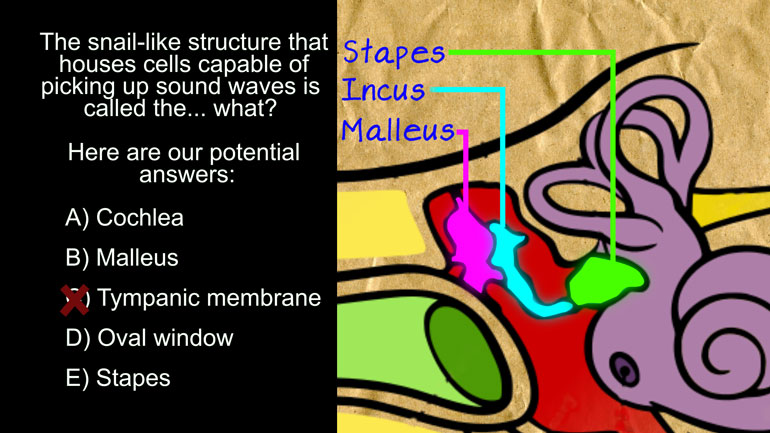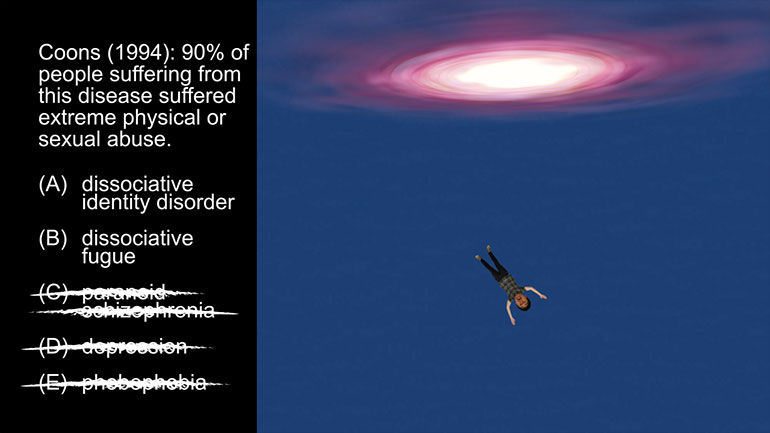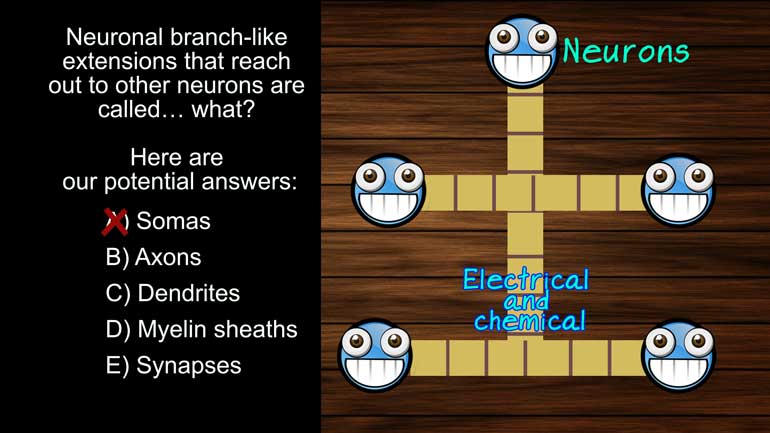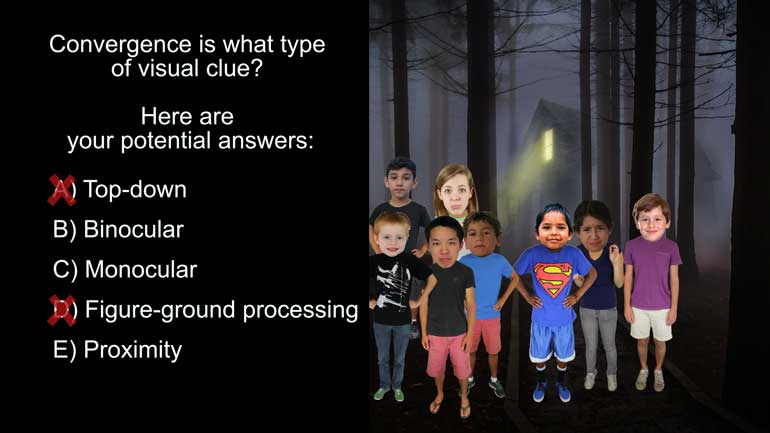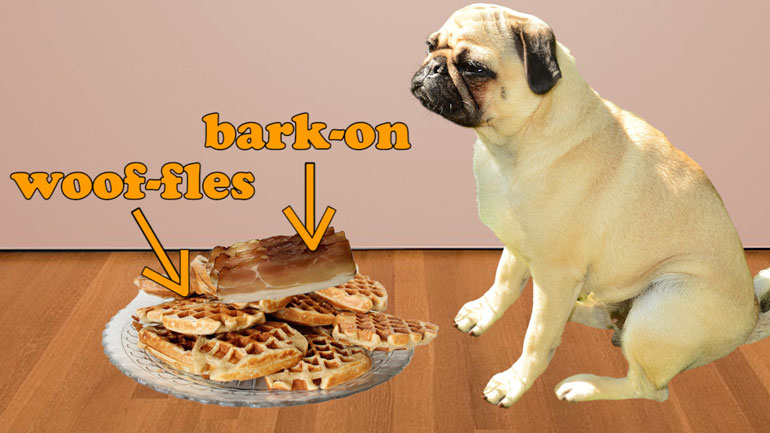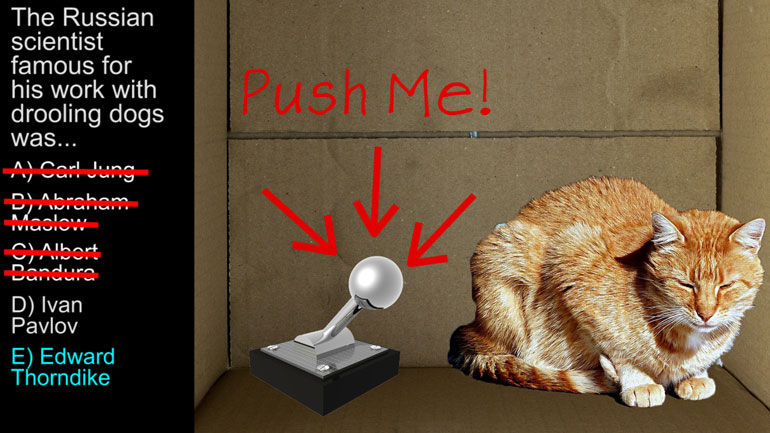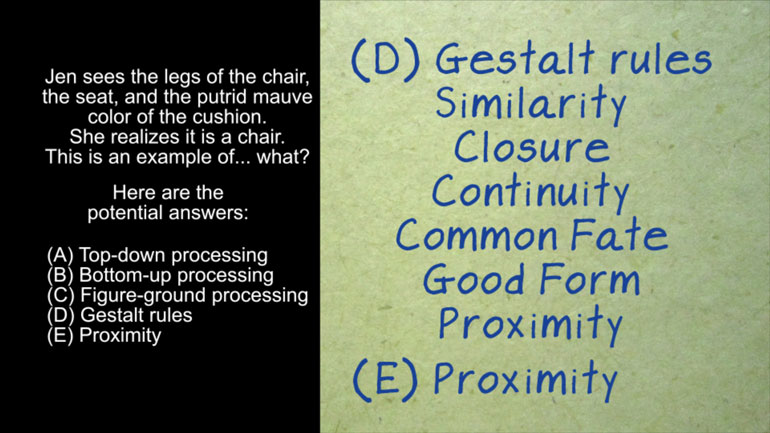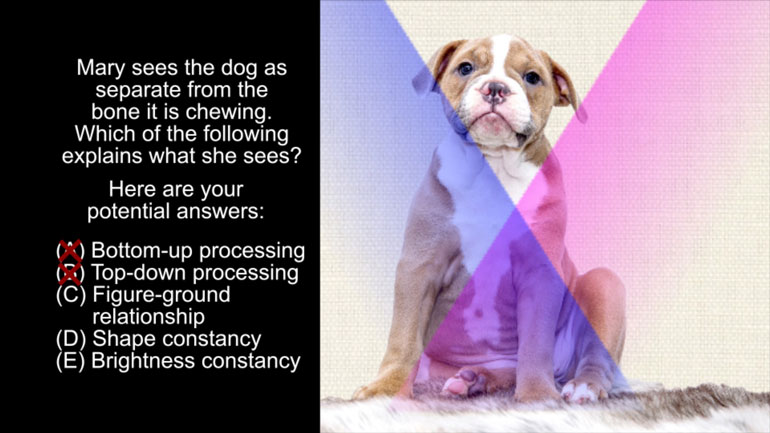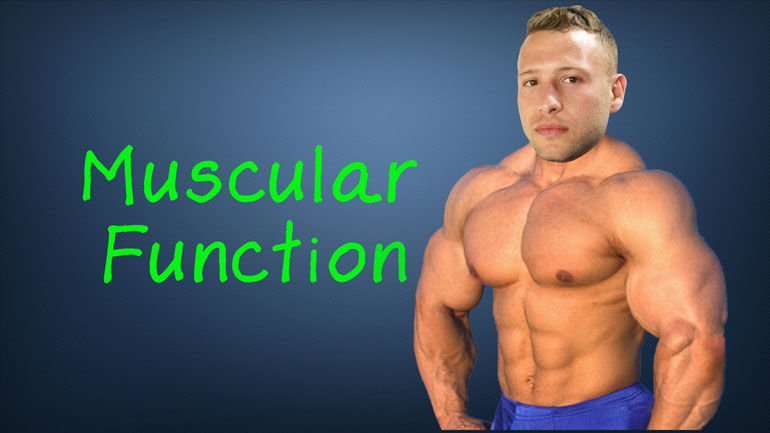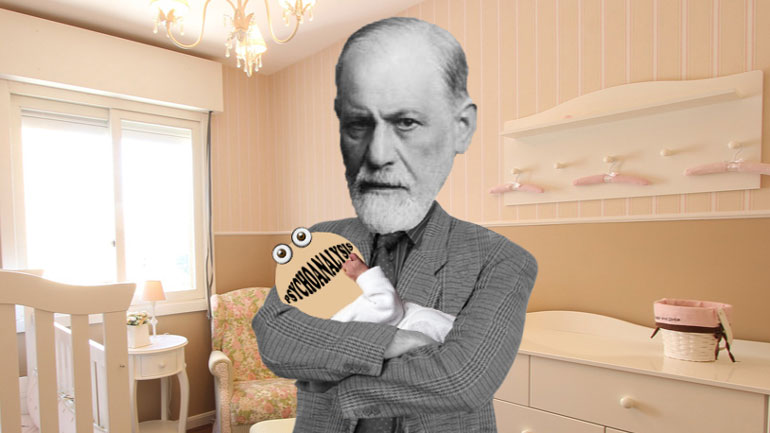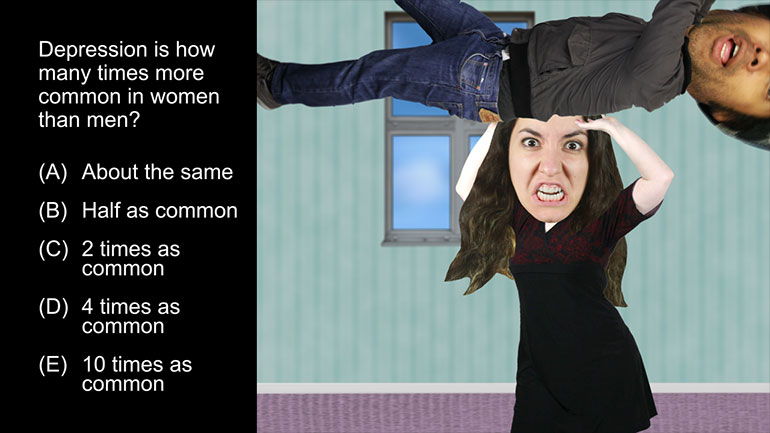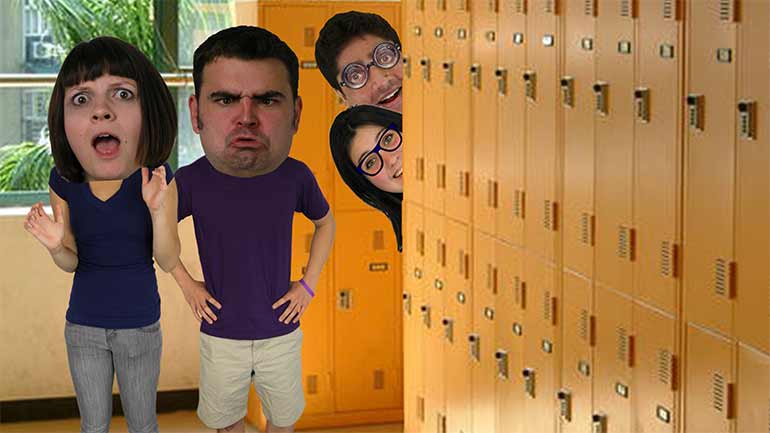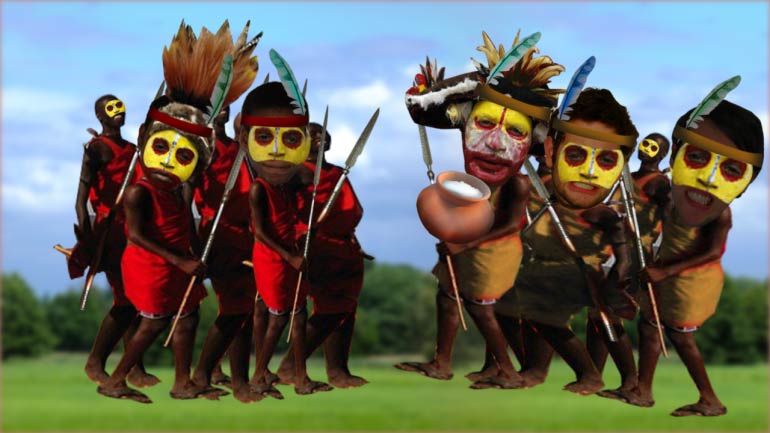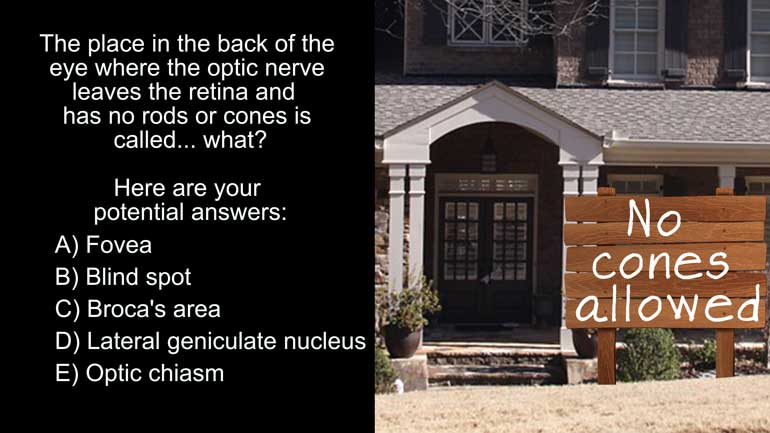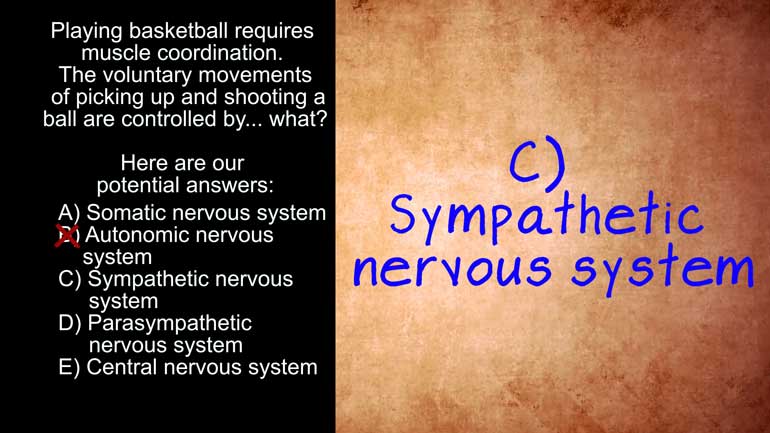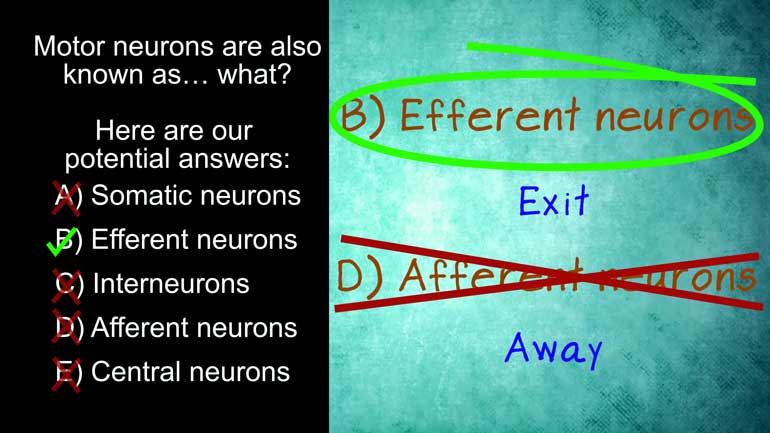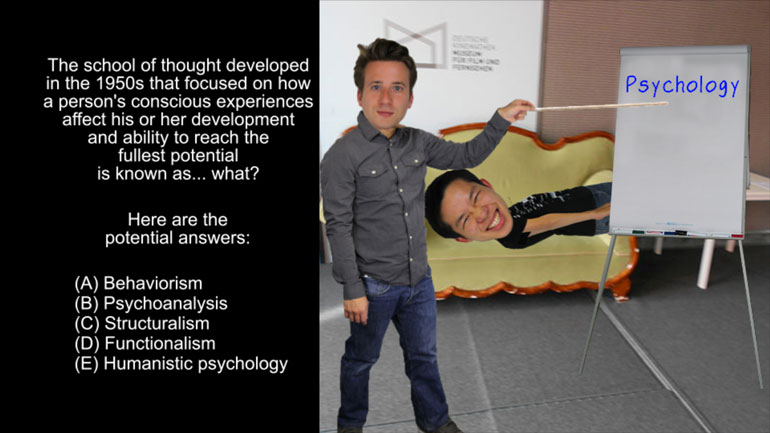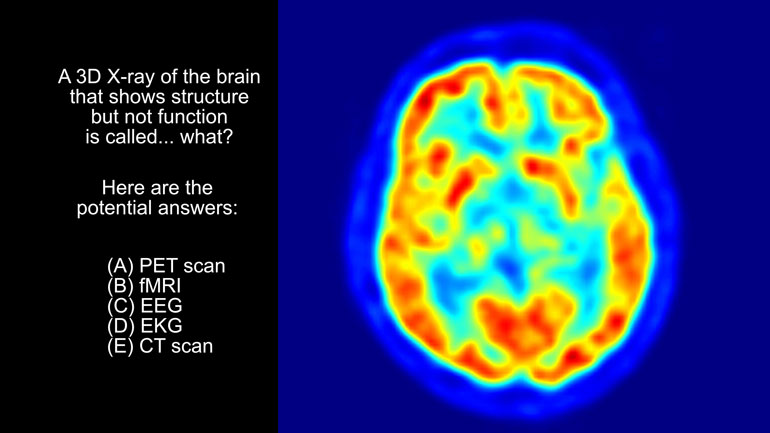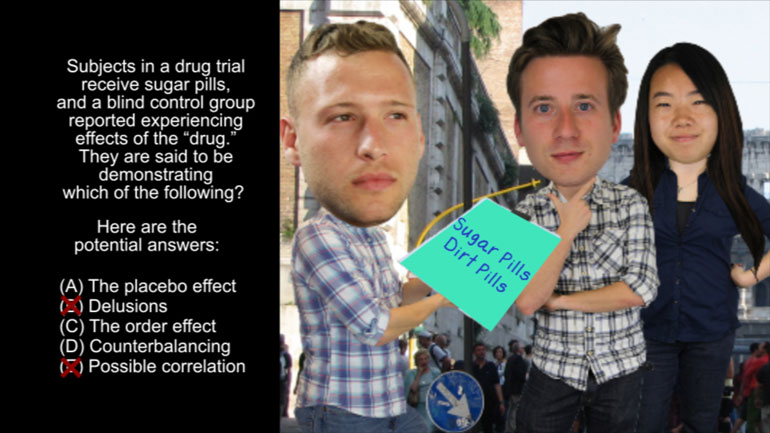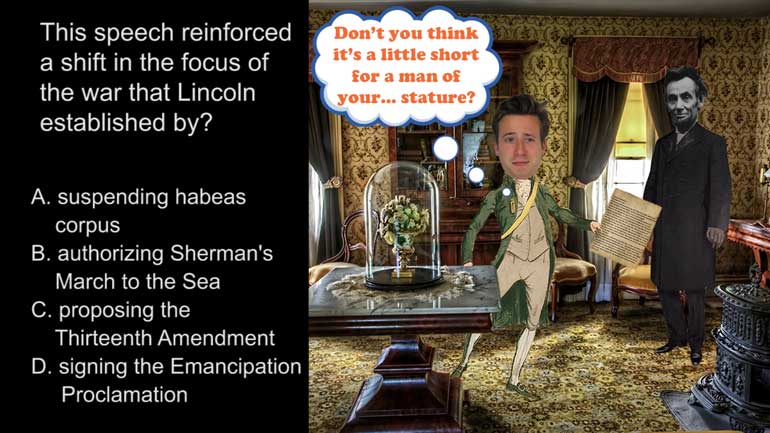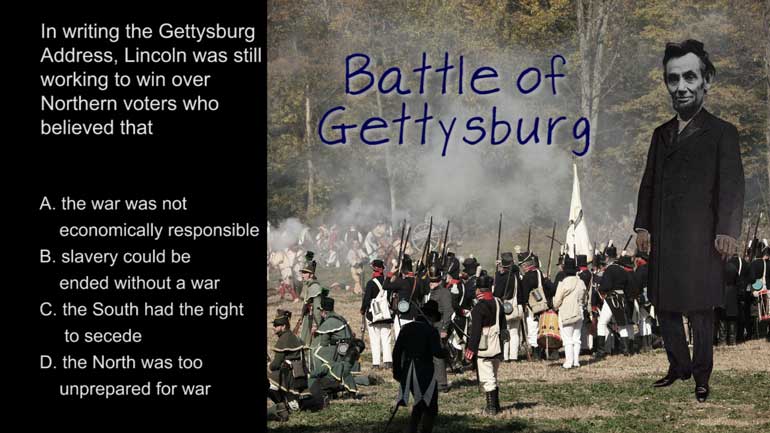ShmoopTube
Where Monty Python meets your 10th grade teacher.
Search Thousands of Shmoop Videos
AP Psychology Videos 163 videos
AP Psychology 2.2 Social Psychology. Which of the following was an independent variable manipulated in Asch's research?
AP Psychology 1.1 Personality. According to Freud, these three parts of personality are constantly in conflict.
AP Psychology 1.1 Sensation and Perception. The process by which the brain can turn sensory stimuli from the outside world into electrical signals...
AP Psychology 1.4 Biological Bases of Behavior 2 Views
Share It!
Description:
AP Psychology 1.4 Biological Bases of Behavior. Motor neurons are also known as what?
Transcript
- 00:03
And here's your shmoop du jour brought to you by motor neurons, they
- 00:07
control movement just don't let them get low on motor oil here's our question [Boy falling asleep on a desk while studying]
- 00:11
motor neurons are also known as what and here are potential answers....[mumbling]
- 00:15
Let's start with C; interneurons.. create neuron
- 00:21
circuits that enable communication between sensory and motor neurons and
Full Transcript
- 00:25
the central nervous system these guys work with the motor neurons which means
- 00:29
they can't be the motor neurons it's okay inner neuron you're beautiful just [Interneuron and motor neuron in a beauty pageant]
- 00:34
the way you are how about A? Well somatic neurons are most often referred to as
- 00:38
somatic motor neurons which simply describes the type of motor neuron
- 00:42
characterized by having an axon that leaves the central nervous system to [Diagram of brain and skeletal muscle]
- 00:45
connect with the somatic nervous system this is simply one type of motor neuron
- 00:50
not an alternate name for them and central neuron is about as correct as
- 00:54
Apple neuron or dangerous pajamas neuron or whatever sound of sloth makes neurons [Sloth feeding on a plant]
- 00:59
in that they're just made up answers that don't refer to anything at all
- 01:03
leaving us with the ever similar efferent and afferent answer but which
- 01:08
is it well we should think of the signals in the central nervous system is [Neuron sending signals]
- 01:12
traveling in one of two directions they either exit the central nervous system
- 01:16
to all the other muscles and glands of the body or they carry signals away from
- 01:21
those muscles and glands and back into the central nervous system seeing as
- 01:25
we're describing motor neurons as in the neurons that help you move we're [Persons leg shaking rapidly]
- 01:30
focusing on the neurons that exit the brain and control the muscle so which
- 01:34
answer is correct well the key is in the first letter of each word exit - efferent
- 01:39
away - afferent.. Seeing as were focused on those exiting neurons that control our [Neurons leaving a conveyor belt]
- 01:45
bodily movement the correct answer is B efferent neurons and who knows it might
- 01:50
not be so long before we start seeing Apple neurons well that was fast and we [Audience gathering watching iNeurons on stage]
- 01:56
want ten percent....
Related Videos
AP U.S. History Exam 2.45. The journey shown on the map was an example of...what?
AP U.S. History Exam 2.26. This speech reinforced a shift in the focus of the war that Lincoln established by...what?
What did the Spanish messengers bring with them to North America? Hint: you probably wouldn't be thrilled to get this for your next birthday.
AP U.S. History Diagnostic 24. How did the United States choose containment over the National Security Council Report in Latin America?
AP U.S. History Exam 2.25. In writing the Gettysburg Address, Lincoln was still working to win over Northern voters who believed that...what?
